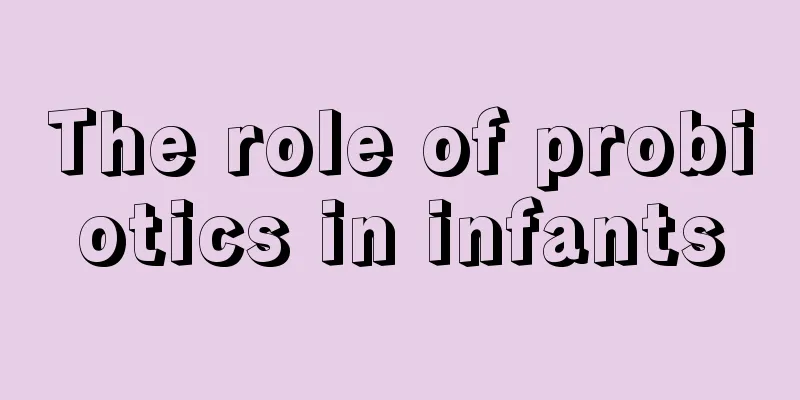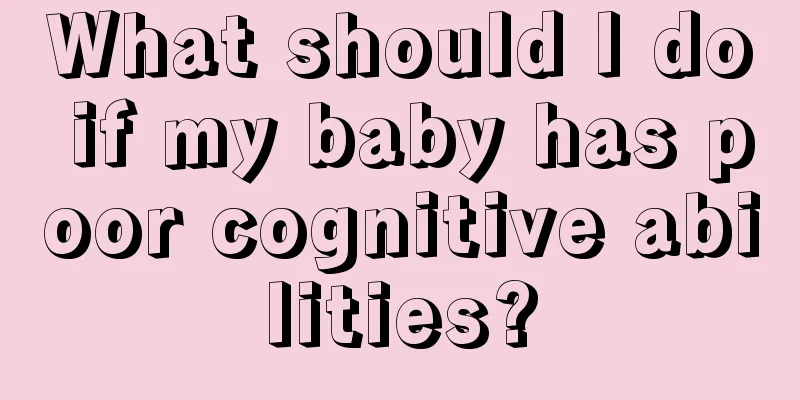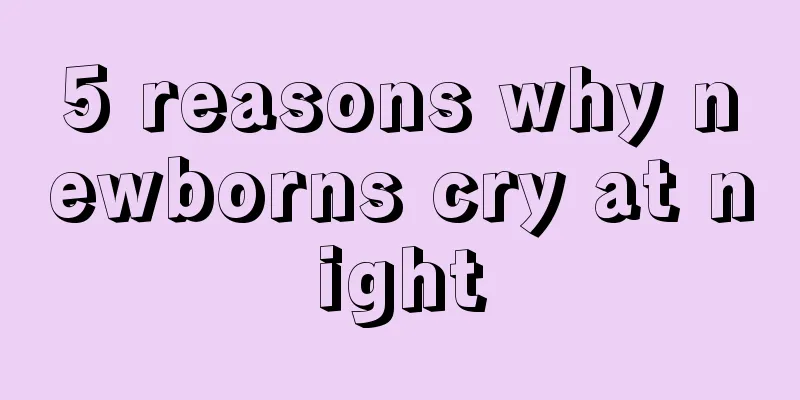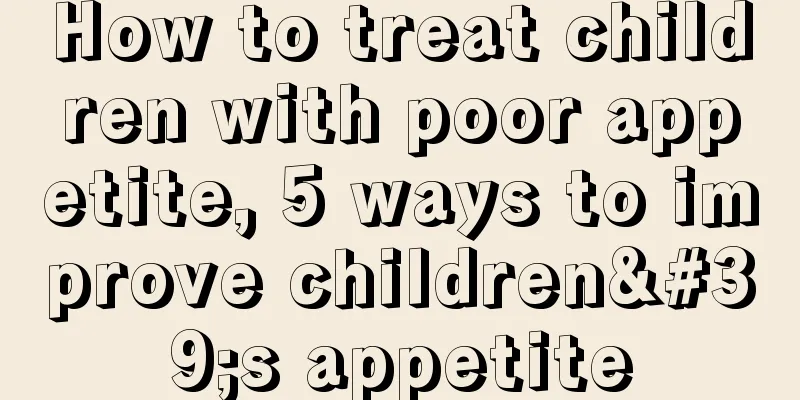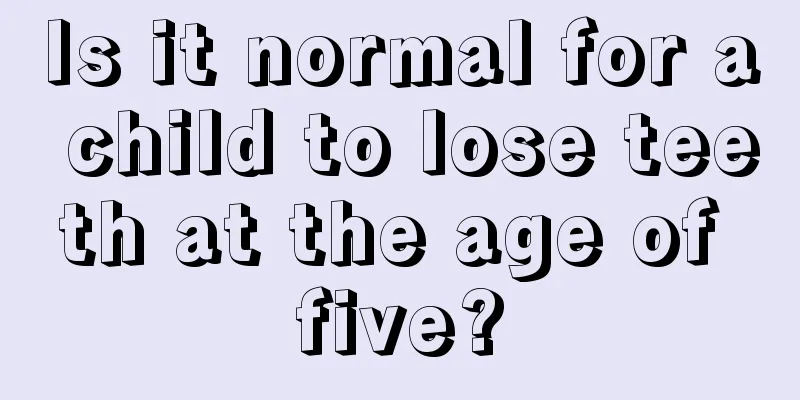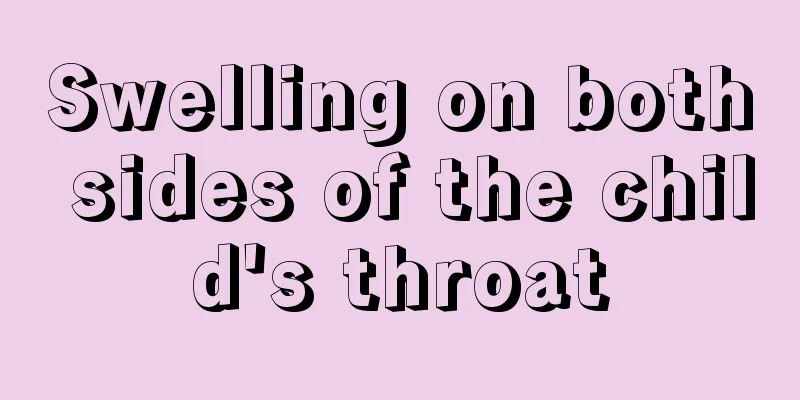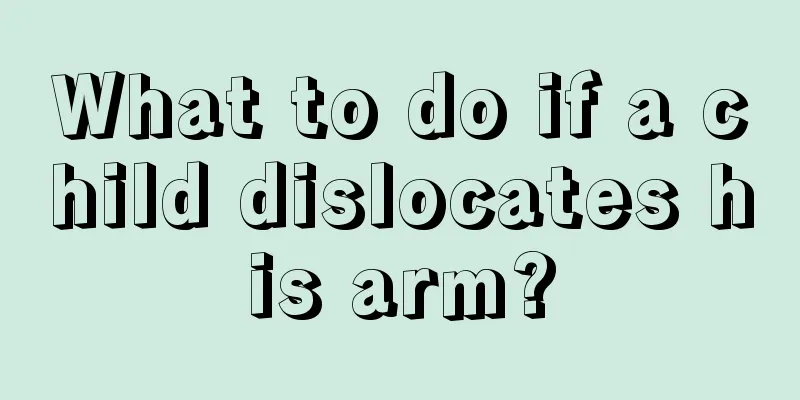What are the symptoms and treatment of rhinitis in children?
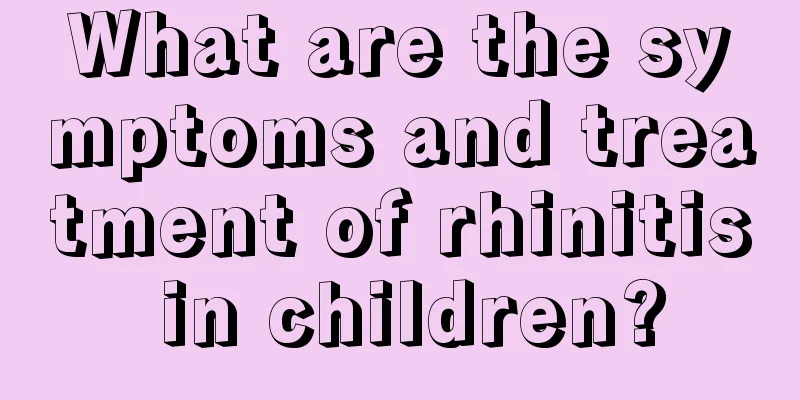
|
More and more children are suffering from rhinitis, which is related to their living environment or habits. Rhinitis is a disease that is difficult to cure. It requires good care in life and prevention of recurrence in order to have a chance of cure. Common symptoms of rhinitis in children include nasal congestion, sneezing, runny nose, etc., which are very similar to the symptoms of a cold. 1. Chronic rhinitis in children It is characterized by cold nose and loss of smell. In chronic simple rhinitis, nasal congestion is relieved during daytime activities, but worsens at night or when sitting still. When lying on one side, the lower nasal cavity is blocked, while the upper nasal cavity is well ventilated. When lying on the other side, nasal congestion occurs in the other nasal cavity. The nasal discharge is mucous and is often accompanied by headache, dizziness, decreased sense of smell, etc. Chronic hypertrophic rhinitis is often characterized by persistent nasal congestion, mucous or mucopurulent nasal discharge, and may also cause tinnitus, hearing loss, headache, insomnia, mental depression, etc. 2. Acute rhinitis in children At the onset of the disease, there is mild chills and fever, general discomfort, a burning sensation in the nasopharynx, dryness, itching, and sneezing in the nose. After 1 to 2 days, the patient gradually develops nasal congestion, a large amount of clear nasal discharge, decreased sense of smell, and headache. After 3-4 days, due to secondary infection, the secretions turn into yellow purulent nasal discharge that is difficult to blow out, and the nasal congestion becomes more severe. If there are no complications, recovery will occur in about a week. Antiallergic drugs for the treatment of allergic rhinitis in children The medications used for allergic rhinitis in children are basically similar to those used in adults, which are all hormone drugs that are prone to drug resistance. Drug treatment of rhinitis not only fails to solve the problem of rhinitis, but also brings toxic side effects of the drugs. Especially for teenagers whose internal organs are not yet mature, the damage caused by drugs to internal organs cannot be ignored. Taking a certain anti-allergic drug for a long time and in large doses will not only make the drug ineffective, but also cause adverse reactions. Avoid allergens The most fundamental health care measure for pediatric allergic rhinitis is to understand the substances that cause children's allergies, that is, allergens, and try to avoid them. When symptoms mainly occur outdoors: Outdoor activities should be limited as much as possible, especially contact with flowers, plants, rotten leaves, and catkins. Wear a mask when going out, or go to the seaside where there are fewer allergens. |
<<: What is the treatment method for spleen deficiency in children?
>>: What are the methods for treating constipation in children?
Recommend
What should I do if my child’s penis is red and swollen?
A friend of mine has a very young child. But when...
How many days should you pay attention to when your baby has a fever?
In daily life, fever and colds are inevitable and...
What to do if your child has thrush? Tell you effective measures!
Some infants and young children have obvious maln...
Children's nebulization time
Coughing is a very common condition in children. ...
How to pay attention to children's eye hygiene
In recent years, many children have been found to...
Why is my baby drooling?
Drooling is a relatively normal thing for babies ...
When is the nap time for a three year old baby?
Many mothers hope that their children can get eno...
Why does a child’s stool turn black? Reasons for black stool in children
The normal stool color of a baby should be yellow...
What is the cause of the baby's diarrhea with blood?
We all know that by observing the baby's stoo...
What are the causes of encephalitis in children? How to treat it?
Children have lower body resistance, so they are ...
How to prevent and care for sleep disorders in children?
Normal people sleep through the night, and some p...
What can’t babies with anemia eat? These foods should be avoided
There are many foods in life that children can ea...
What is the cause of fever after leprosy vaccination?
After the child is born, he or she needs to go to...
Is it normal for newborn babies to fart frequently?
Have you ever realized that babies fart a lot soo...
Baby's neck sweats when sleeping at night
Some parents have reported that their babies alwa...

